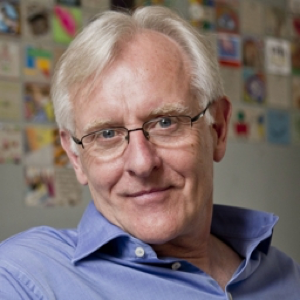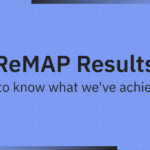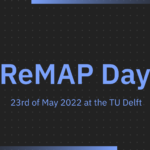“Now we must prove that condition based maintenance is mature enough to implement into aviation”
Blog by Ludovic Simon(*) (Thales) – Member of the Advisory Board of ReMAP
“Today we have reached the point that the technologies such as big data and artificial intelligence are pretty much mature and expand the applicability of condition based maintenance. Now we need to test how we can apply and generalize this in a restricted and regulated domain such as aviation. As an aircraft maintenance specialist I know the needs and requirements of airlines and MRO-companies. I also see that the aviation industry is up and ready to test the implementation of condition based maintenance (CBM). Obviously aviation is a secure and safe industry so we need to bring proof that with implementing condition based maintenance and predictive maintenance we still get at least the same level of safety.”
The business is pretty tough. We need to optimize maintenance.
“We are changing from a very old fashioned method of maintenance (e.g. MSG3 process) to a new one based on new technology. This new technology offers new capability of maintenance requirements, new solutions and services for the customer needs. One of the challenges is to support the industry in this new era of digital transformation. One of my own main objectives at Thales is first of all to explore the new operational concept based on this new technical approach and to then demonstrate the economic viability. Generally speaking aviation business is pretty tough. Due to the costs of operations, we need to optimize all the processes and reduce the risks of operations. Maintenance is a domain where a lot of improvements are possible. Doing the maintenance only at the right time at the right moment in the most efficient manner respecting the good level of safety is for sure the new paradigm we try to tackle.”
Balance in data sharing
“ReMAP is a logical next step from the previous research projects such as of the Clean Sky2 project, AIRMES, on the same domain. This new project is important for all the stakeholders in the aviation industry. For Thales, as OEM, in order to make sure that the technology can support our equipment, our services and ease our day to day work. For the airframers because they have their own aircraft maintenance services and their own support of the aircraft. For the airlines and MRO who perform the aircraft maintenance and operates the aircraft. ReMAP is important for all organizations surrounding this industry such as universities and laboratories and third parties which participate to the elaboration of predictive maintenance models. And obviously ReMAP is important for the regulation authorities to validate the usages of CBM and guarantee and monitor the associated safety. The world of aircraft maintenance is pretty well balanced between these stakeholders. This next step in research should bring maturity of data algorithms and a fair solution for the organizations to ensure data sharing, with respect to sensitiveness. The aviation business – industry, manufacturers, airlines, OEM’s, authorities – needs to organize now to get a balance in data sharing and tackle this issue.”
Within five years 70% will be condition based maintenance
“CBM and predictive maintenance is mature for some mechanical systems and components and the first services and applications in this domain are already running. In mechanical equipment, we may identify degradation over the time. This is not the case with electronic equipment and overall aircraft systems. Extension and expansion of predictive maintenance to all systems is the next step. I think within five, maybe ten years, the industry has adapted a certain level of condition based maintenance. There are multiple factors beyond the technology itself which influence that speed of implementation, such as legislation, data access and data sharing. But I think that, thanks to initiatives as ReMAP, in the coming five years the technology will be mature enough and we could cover 70% of the aircraft maintenance.”
(*)Ludovic Simon
As a representative of the industry, Ludovic Simon is member of the Advisory Board of ReMAP. In this role he monitors the project, gives his expectations and brings the project to the attention of the industry. Simon is Research and Technology Engineer and Maintenance Operations Expert at Thales Avionics. Before ReMAP, he was involved within the Clean Sky 2 Project ADVANCE-AIRMES that has been closed November 2019 after the five years period of the project. Thales avionics is an avionics equipment and suite provider.






